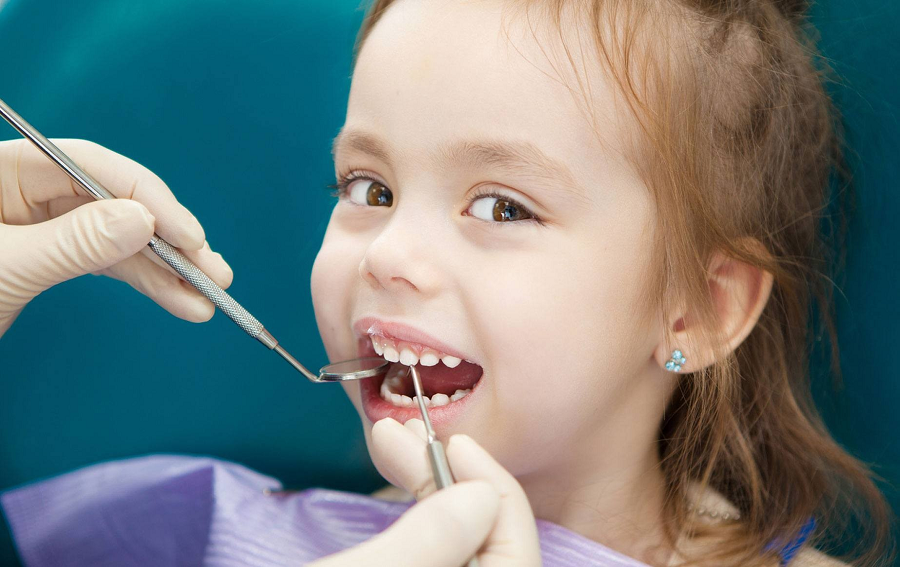Cavities are areas of teeth that are permanently damaged and are also known as tooth decay. They may appear in a child’s baby or primary teeth; in which case you may brush them off because your youngster will soon lose these teeth. However, you shouldn’t disregard a cavity.
What leads to childhood cavities?
Cavities arise from the erosion of tooth enamel by dental plaque accumulation, which results in a hole. Plaque is a sticky material that coats teeth and is created when saliva, food, acid, and oral bacteria come together. Since frequent brushing and flossing can stop plaque from building up, cavities frequently occur in youngsters who do not brush their teeth properly.
Kids should clean their teeth twice a day for at least two minutes. Some kids, however, only brush once a day. Or even worse, they completely neglect to brush. Up until they are about six years old, children cannot brush properly on their own. Furthermore, some kids either floss their teeth wrongly or not at all. In-between-tooth cavities can also occur from failure to eliminate food particles and plaque.
Additionally, keep in mind that routine dental exams are part of proper oral hygiene. As infant teeth sprout at about six months of age, make an appointment for your child’s first dental checkup as soon as their first tooth reveals itself.
Naturally, food also contributes to cavities; poor oral hygiene is not the only cause of them. Therefore, if your child consumes a lot of starchy, sugary foods that are high in carbs (ice cream, cakes, candies, crackers, chips, etc.); they are at a higher risk of developing dental decay.
If your child has a cavity, how should you proceed?
It can be challenging to diagnose a cavity in your child because tooth decay does not always hurt. Symptoms of a potential cavity include:
White spots or dark spots on the teeth
Fussiness or crying
Sensitivity to cold beverages or food
Lip swelling
Avoiding meals
Sluggishness
Schedule a visit with a pediatric dentist if you think your child may have a cavity. Based on the degree of tooth decay, they can make treatment recommendations.
How can cavities in children be avoided?
Instilling good dental hygiene in your child is the best approach to prevent cavities. It is crucial to keep a tight eye on your child when they wash and floss their teeth. Verify that they are using the right technique and brushing for the prescribed duration of time.
They ought to floss at least once a day and brush their teeth twice a day. It is more efficient to floss first and then brush. Additionally, remember to book dentist visits every six months who might choose specific products like toothpaste or mouthwash with fluoride (เคลือบฟลูออไรด์, term in Thai). While this ingredient does not heal existing cavities, it creates a protective layer to provide better protection.
Remember to take good care of your infant’s teeth. Your baby’s mouth still harbors bacteria even if they do not have teeth. Therefore, gently brush their teeth twice a day with a pea-sized amount of kid-friendly toothpaste and wipe their gums with a soft towel after each meal.

Comments are closed.